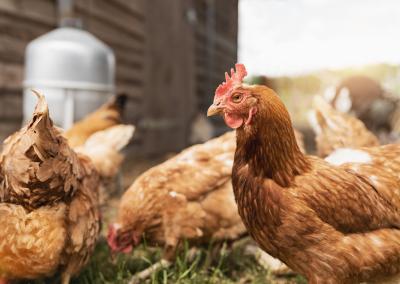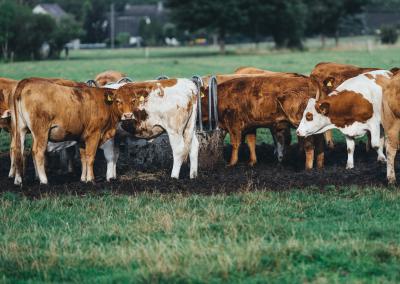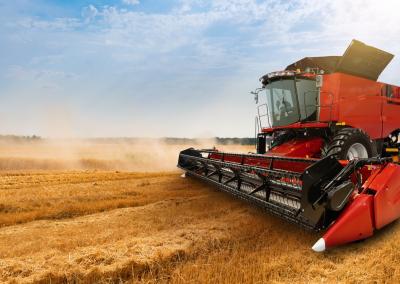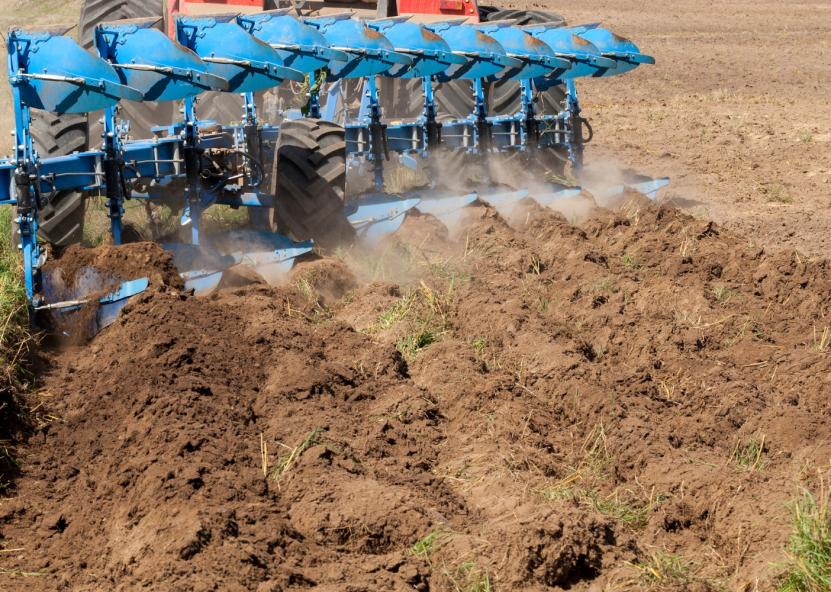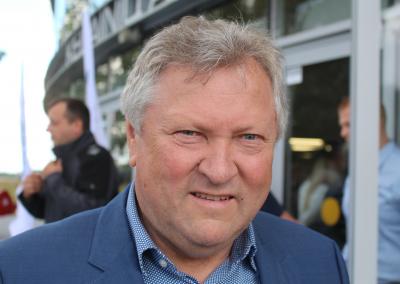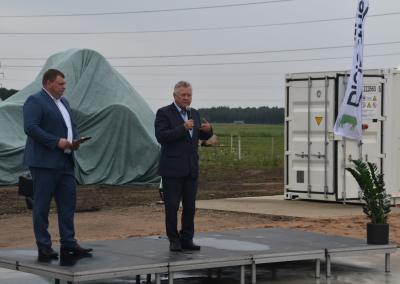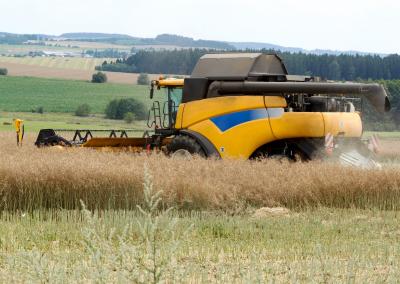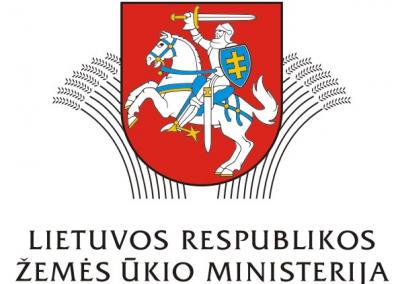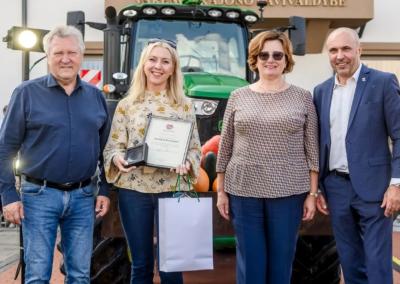Farmers should not be penalised for ploughing grassland, says Minister
Farmers should not be penalised for ploughing grassland, says the Agriculture Minister. Kazys Starkevičius blames negotiators for failing to win favourable conditions from Brussels for the use of permanent grassland by the country's farmers.
„The aim is to achieve that farmers are not penalised for ploughing meadows“, the minister told the Seimas Committee on Rural Affairs on Tuesday.
K. Starkevičius blamed the situation on the ministry's negotiators and the agriculture attaché to the European Union.
„We did not negotiate (Brussels – BNS). This is one of the weak links“, – said the minister.
„Bad job by the representatives in Brussels who did not negotiate a more favourable regime for the cultivation of permanent grassland. They have negotiated poorly, poorly, and then we have to suffer here. Maybe we need to go back to Lithuania to work, not stay there forever. It can be forever if the results are good. Today we don't see them," Starkevičius said.
He stressed that perennial grassland continues to be declared artificially.
„A whole series of facts, materials have come in, where it is found that it has been ploughed for five years, there have been crops grown, but even though there is satellite footage to show that this has been the case, the National Paying Agency has somehow recorded that this is a grassland, “, – claimed the Minister.
With 566,600 hectares of permanent grassland declared by farmers in 2023, the proportion of such grassland has fallen by more than 5% (compared to 694,500 hectares in 2018), a change that is prohibited by the EU. As a result, farmers would have had to restore at least 87,000 ha of permanent grassland.
In January this year, during a farmers' protest, farmers were outraged by the government's insistence that part of their arable land should be restored to permanent grassland and not used for farming.
This spring, the European Parliament approved a regulation on changes to the restoration of permanent meadows and pastures, allowing Lithuanian farmers to not restore such meadows – it also allowed the inclusion in the current year's calculation of permanent meadows that are not currently declared, but are in the layer of permanent meadows – and it has allowed Lithuania to make up for the shortfall of 87,000 hectares of grassland.
Until now, Lithuania has been able to find reserve areas which have been offset, so that farmers have not had to restore grassland.
Lithuania is committed to preserving permanent grassland in the EU.

